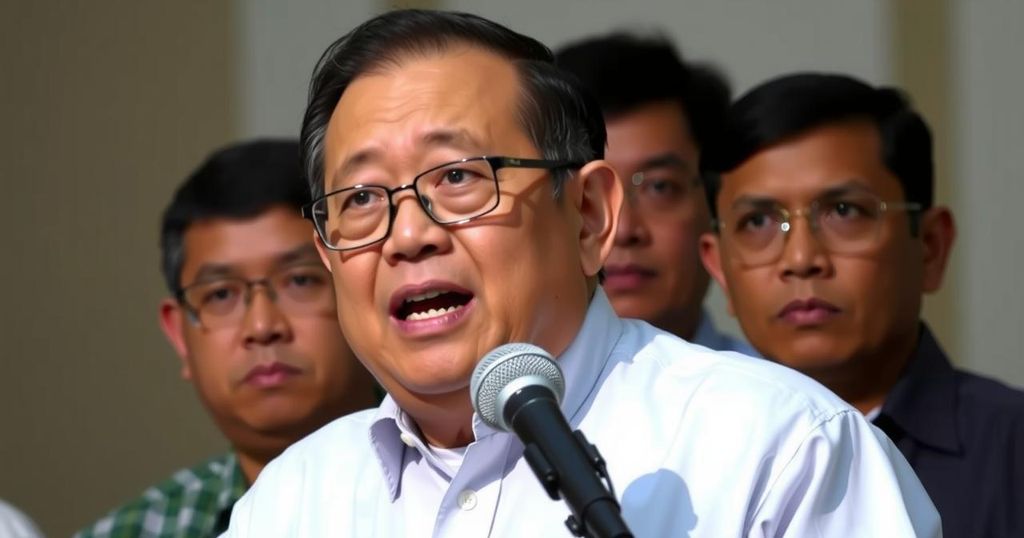Criticism of Prabowo’s Corruption Pardon Plan

President Prabowo Subianto’s proposal to pardon corrupt officials who return stolen money has sparked criticism from anti-corruption experts. Lakso Anindito argues this could increase corruption rates by removing deterrents and suggests focusing on stronger asset recovery measures instead. The proposal, made during a speech in Cairo, raises essential questions about handling corruption effectively in Indonesia.
President Prabowo Subianto’s proposition to pardon corrupt officials who return stolen assets has been met with significant criticism. Lakso Anindito, Chairman of the Indonesia Memanggil 57+ Institute, argues that this strategy could exacerbate corruption by eliminating the deterrent effect of such crimes. He believes that pardoning these individuals would not solve the underlying issues of corruption and may encourage rationalization of their actions. Instead, Anindito advocates for more robust asset recovery measures and the reinforcement of law enforcement independence to ensure effective corruption prevention. This controversial proposal was discussed during President Prabowo’s address to Indonesian students at Al-Azhar University in Cairo, where he expressed a desire to offer corrupt individuals a chance to atone without facing public exposure.
The topic of corruption in Indonesia is deeply ingrained in its political and social fabric, affecting governance and public trust. It is an ongoing issue, and recent discussions surrounding proposed amnesties for corrupt individuals have raised serious concerns among anti-corruption advocates. President Prabowo Subianto’s recent statements reflect a controversial approach to dealing with past infractions while highlighting the complexities involved in curtailing ongoing corrupt practices. The debate centers around balancing forgiveness and accountability within the context of national governance.
In conclusion, President Prabowo Subianto’s plan to grant amnesty to corrupt individuals who return stolen funds has drawn substantial criticism for its potential to undermine efforts to combat corruption. Experts argue that such measures could remove necessary deterrents and worsen the situation. Advocates for anti-corruption suggest that the focus should shift towards implementing stronger recovery laws and ensuring the independence of law enforcement. This ongoing discourse reflects a significant challenge in addressing corruption in Indonesia.
Original Source: en.tempo.co







